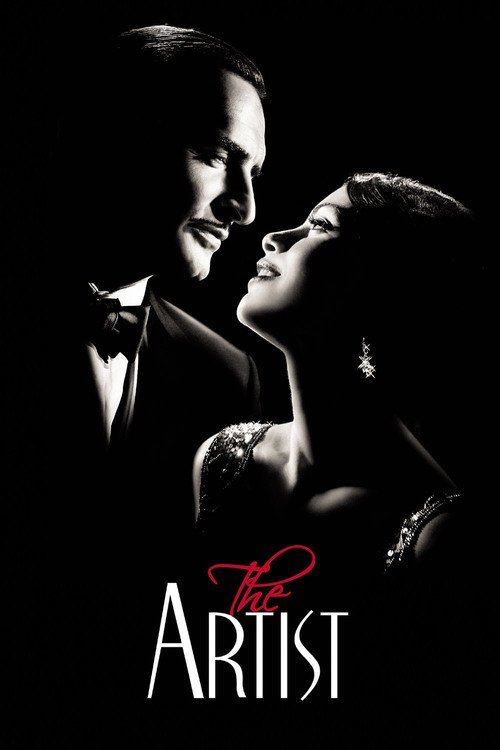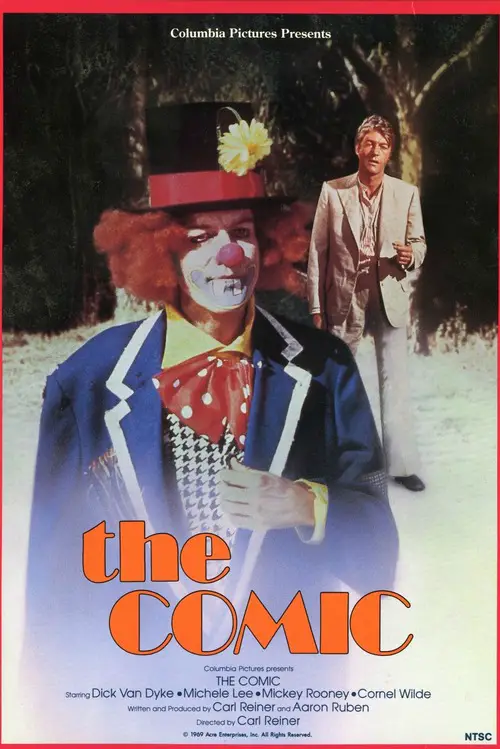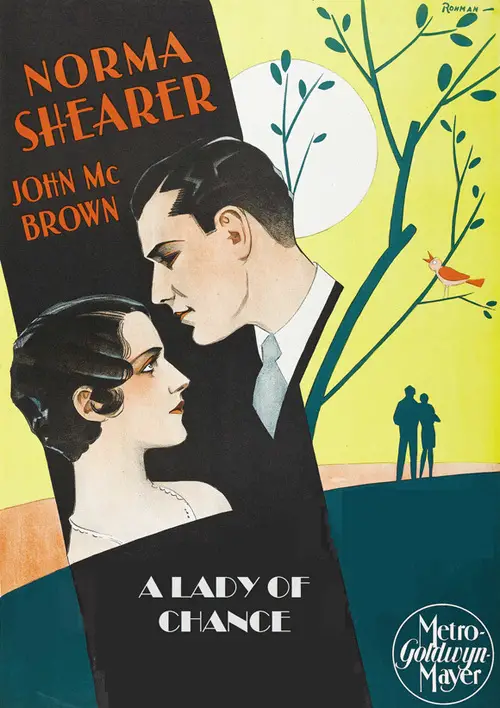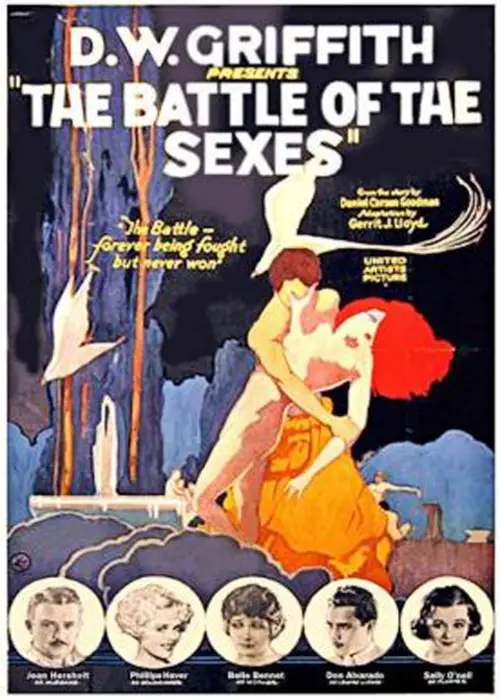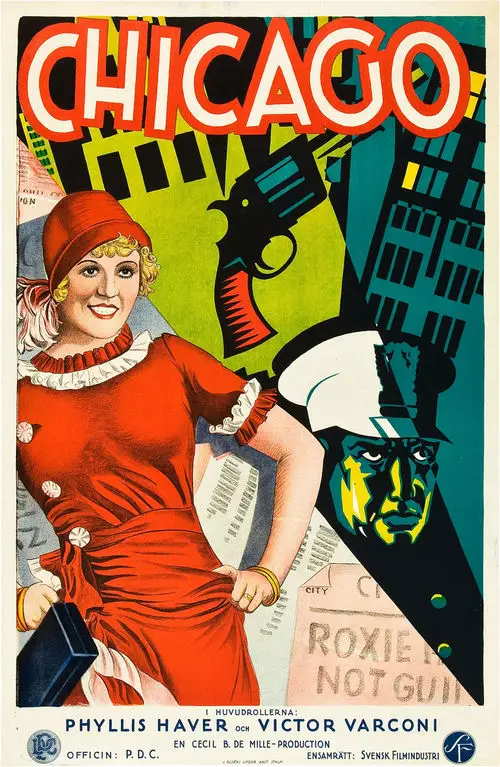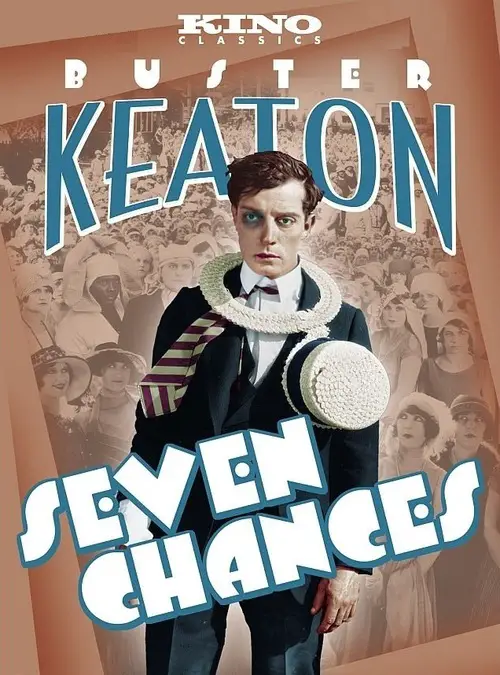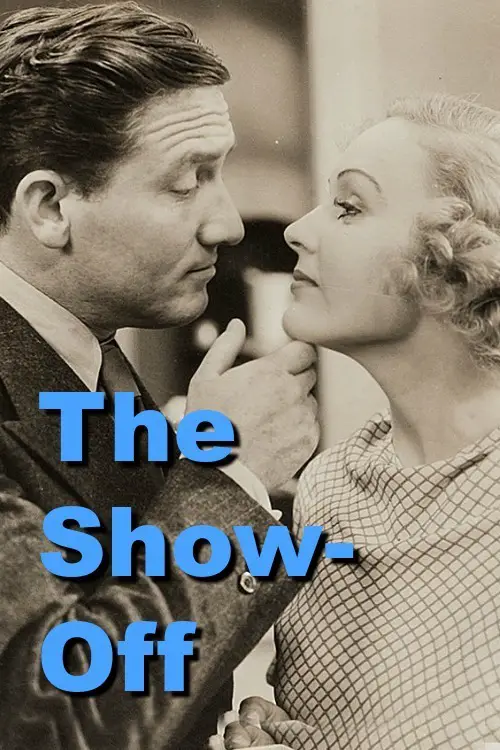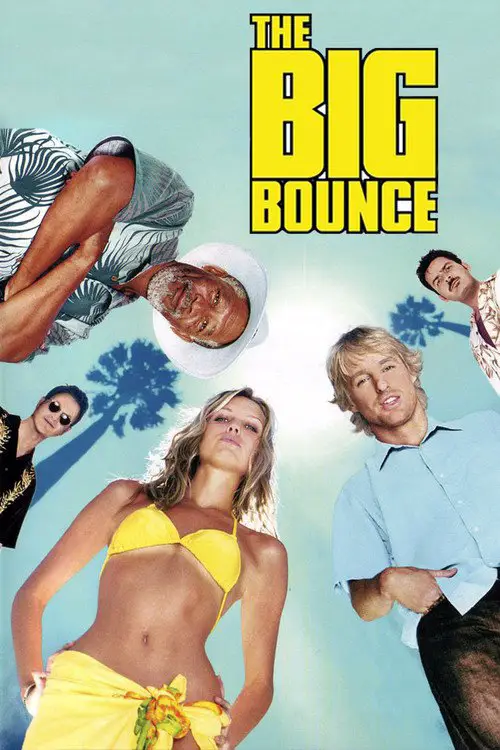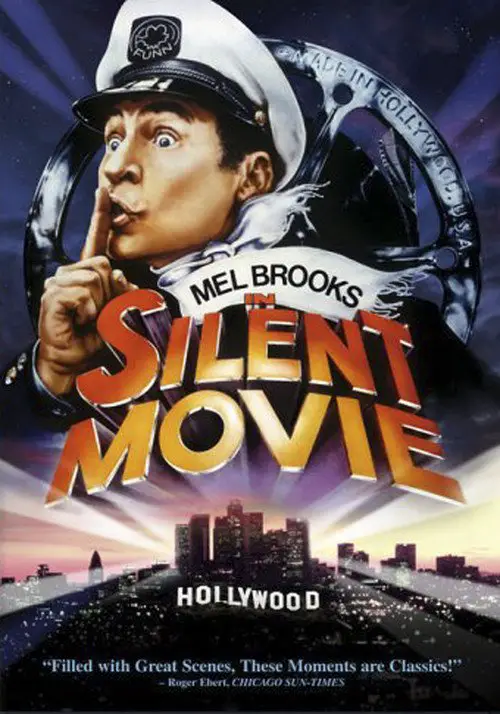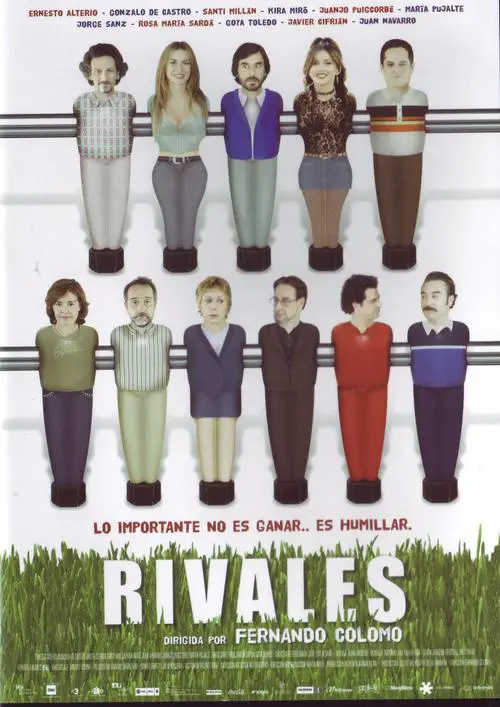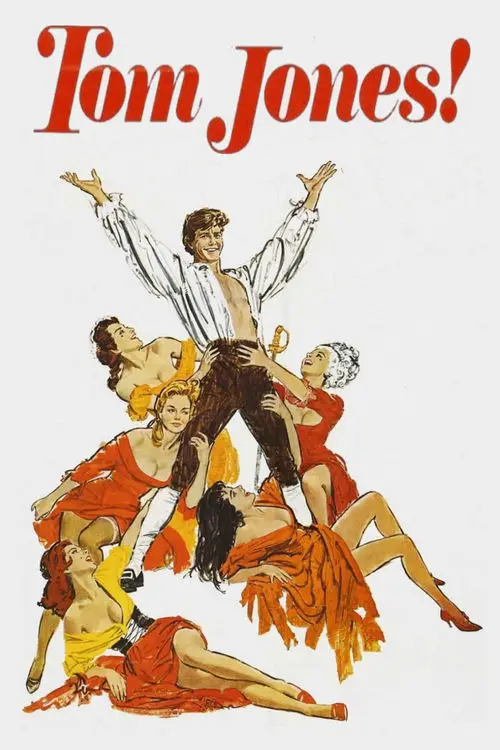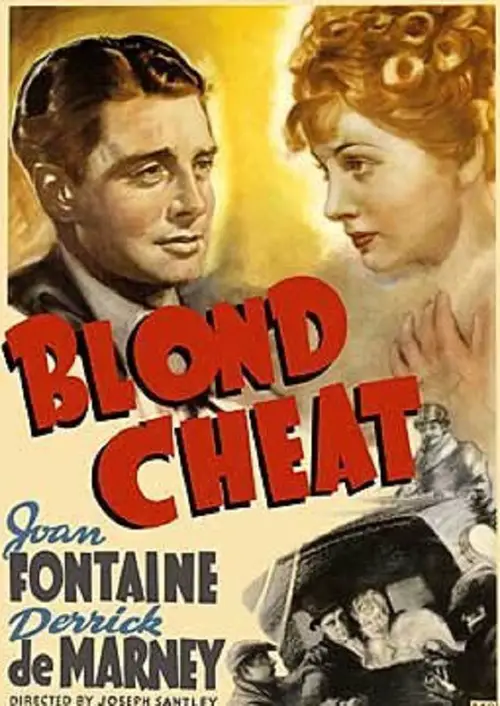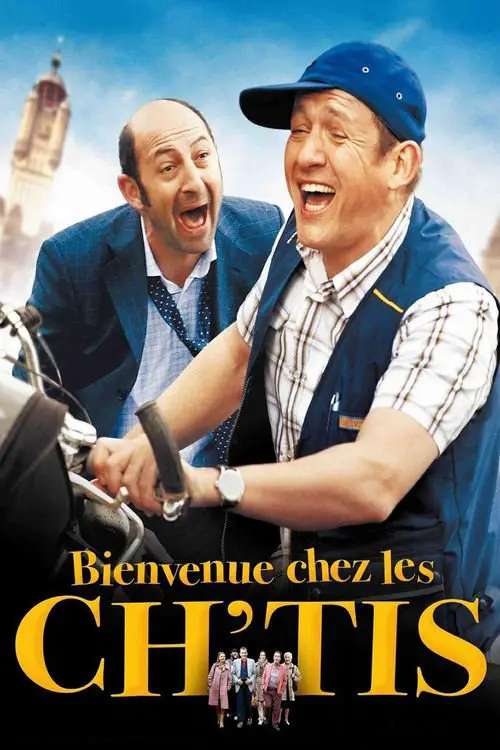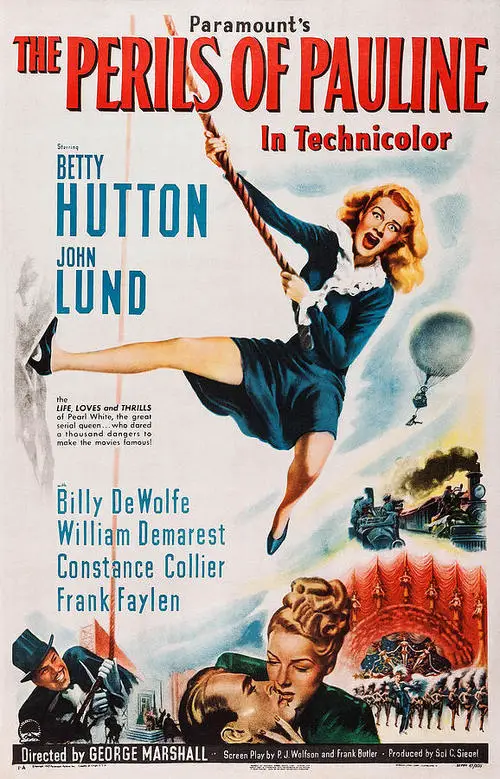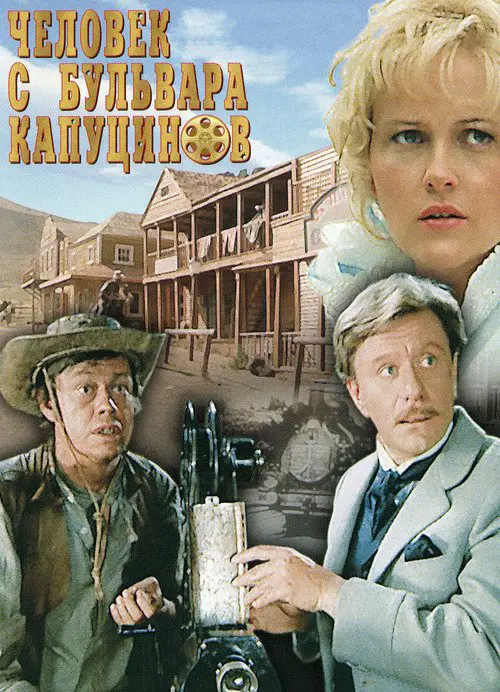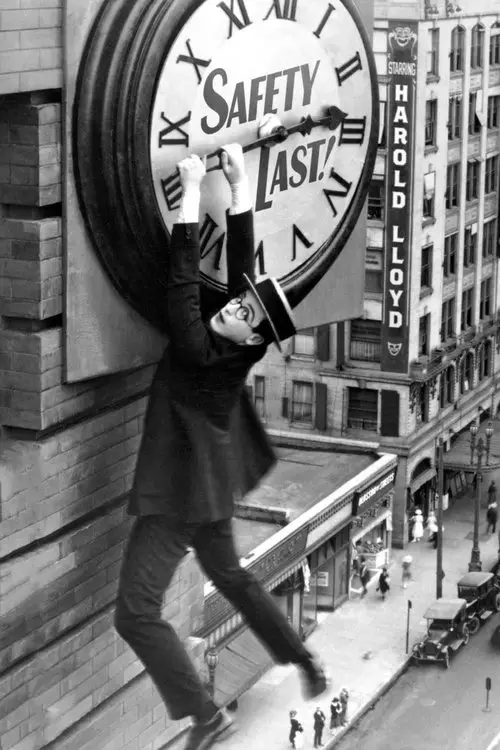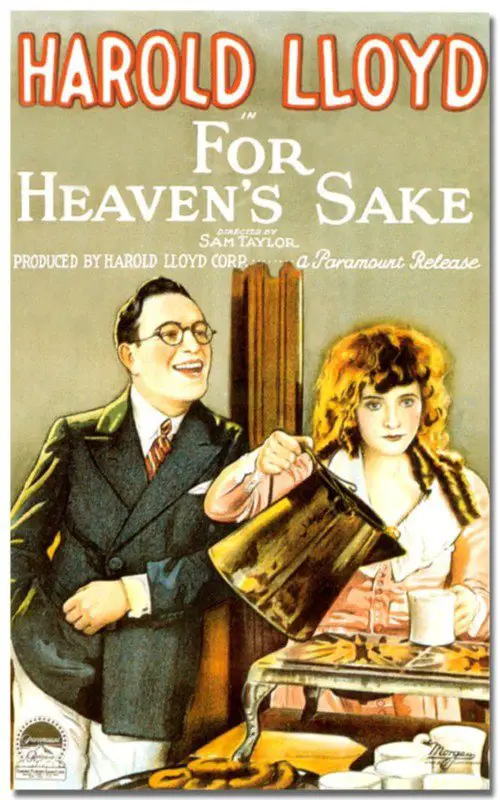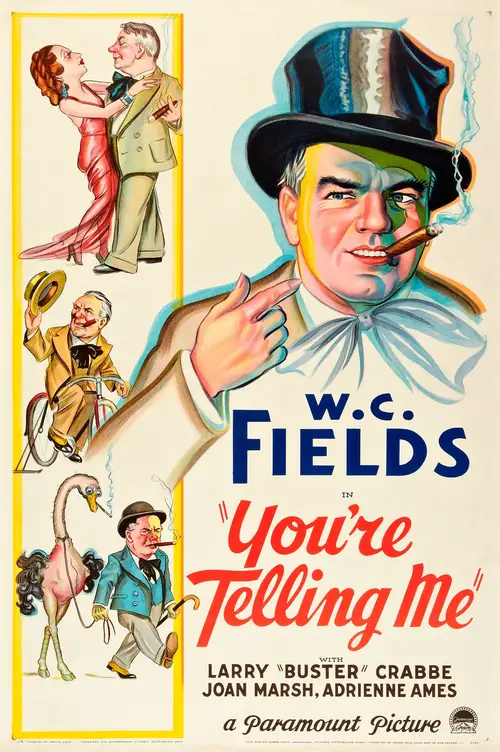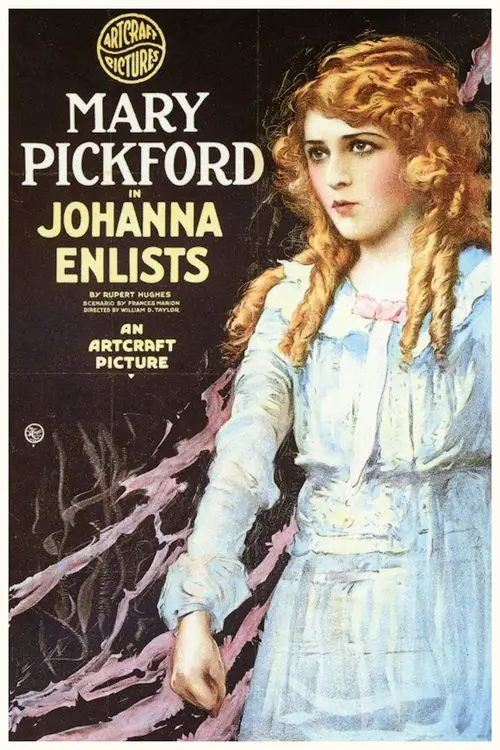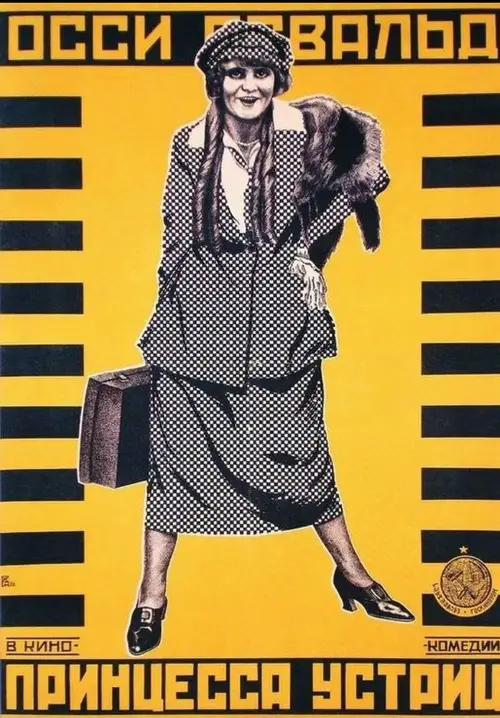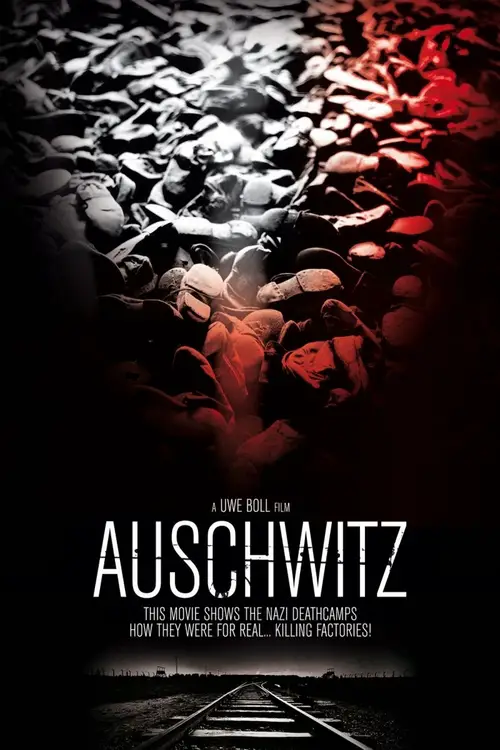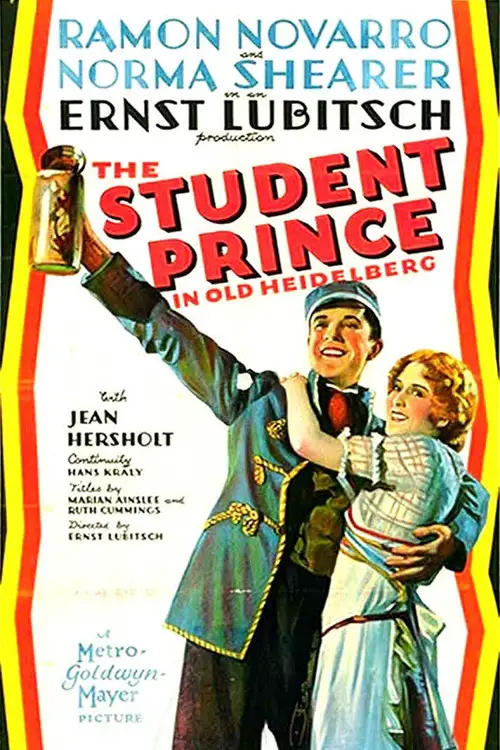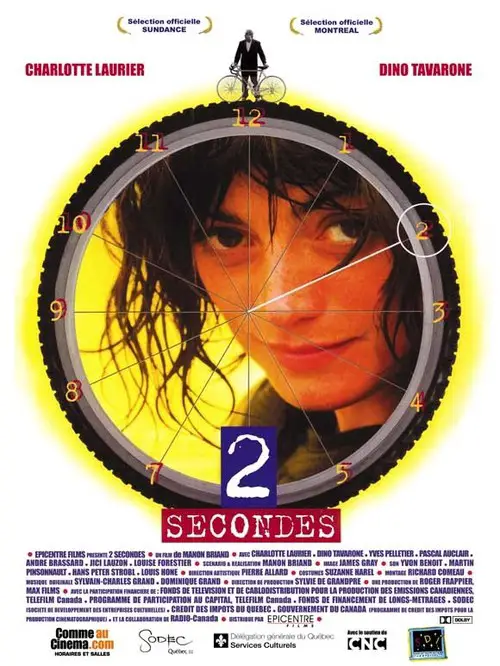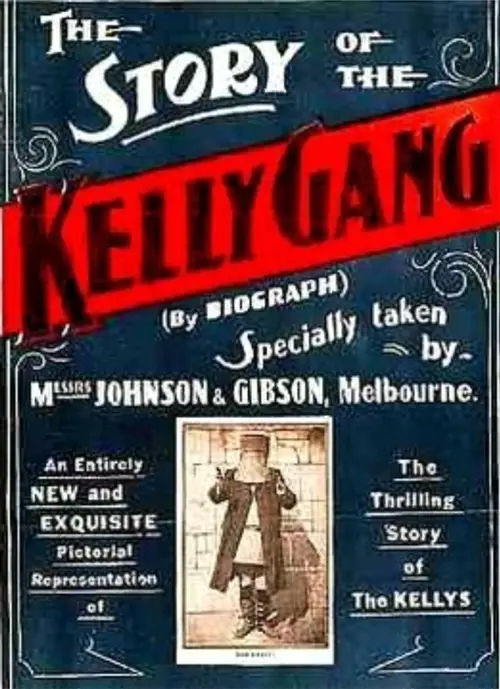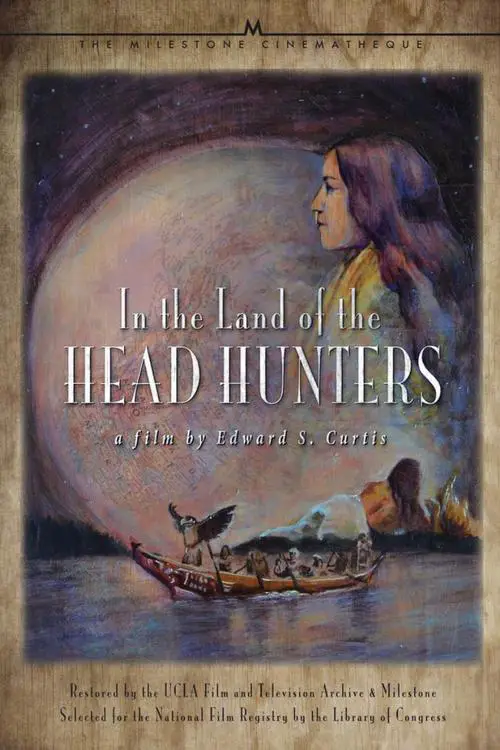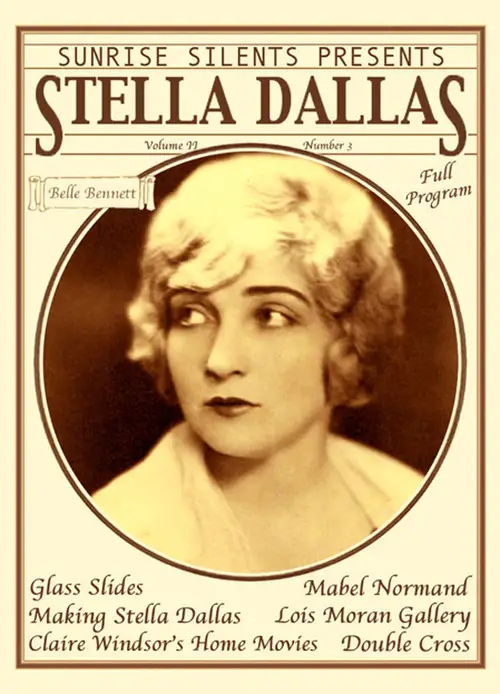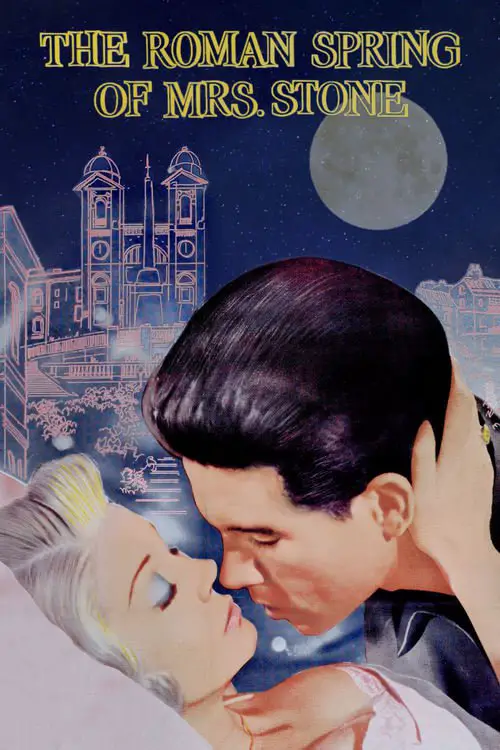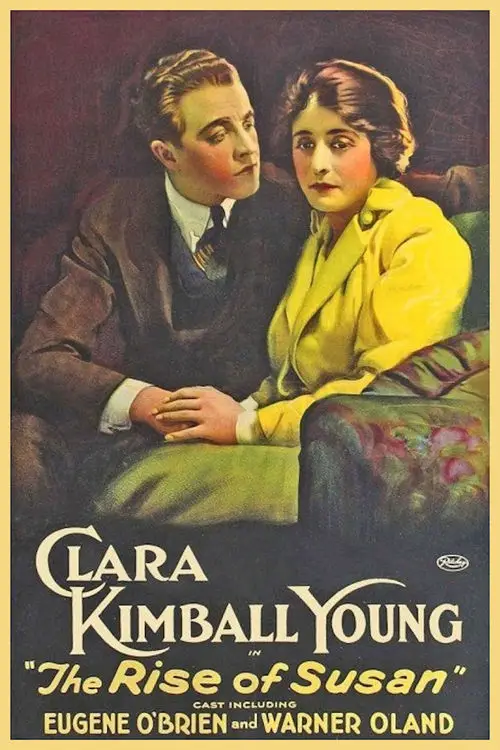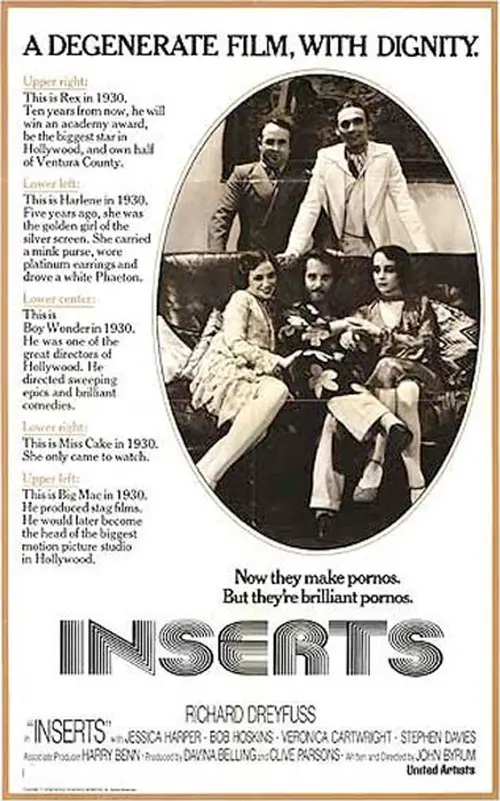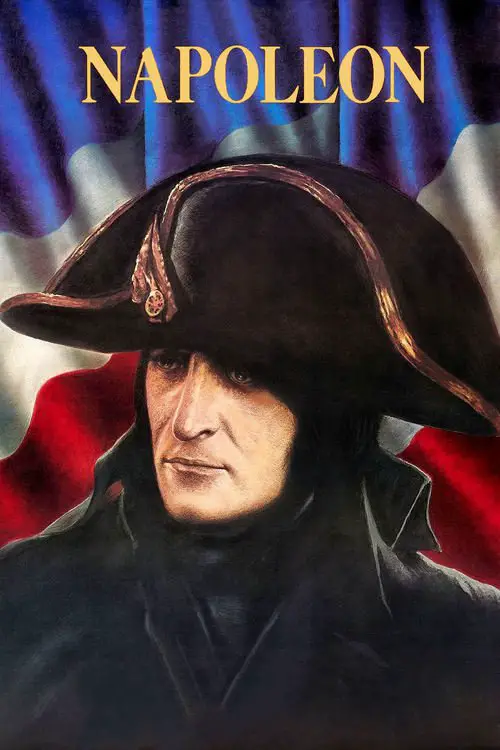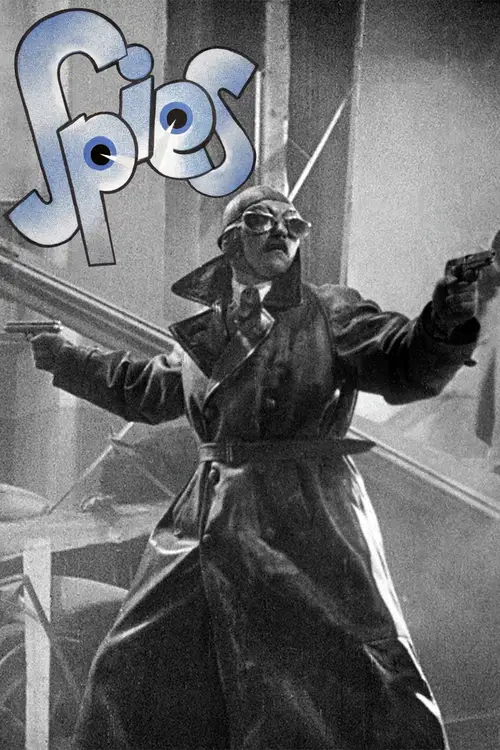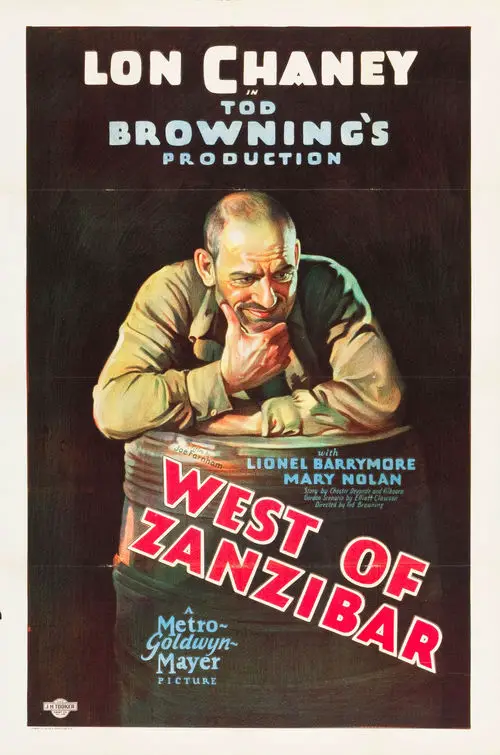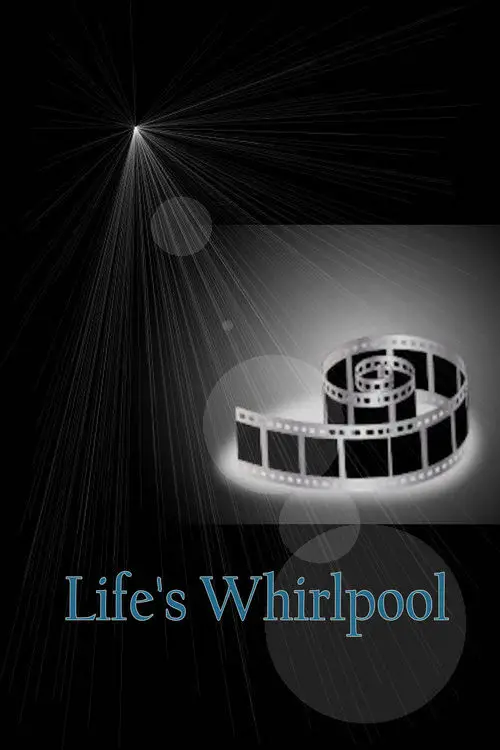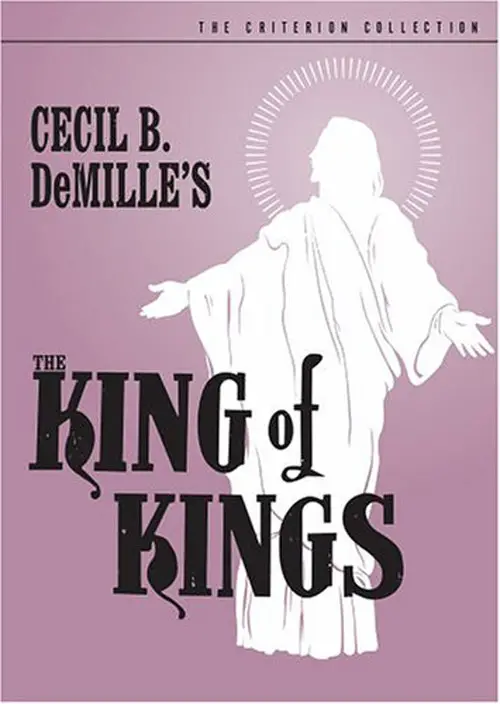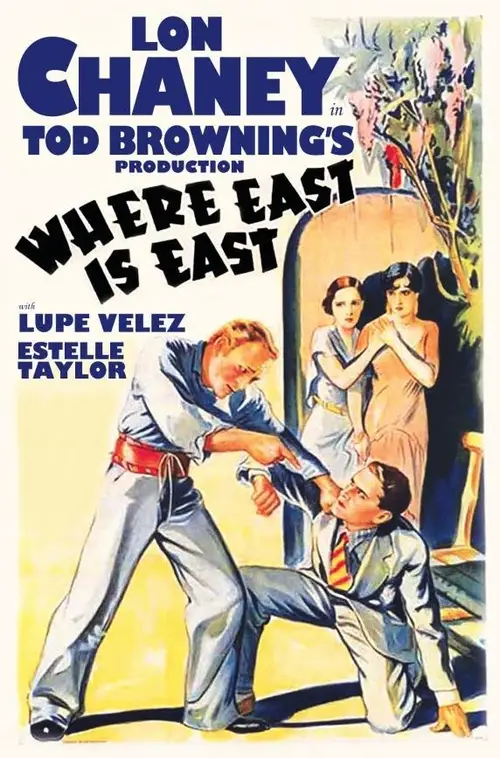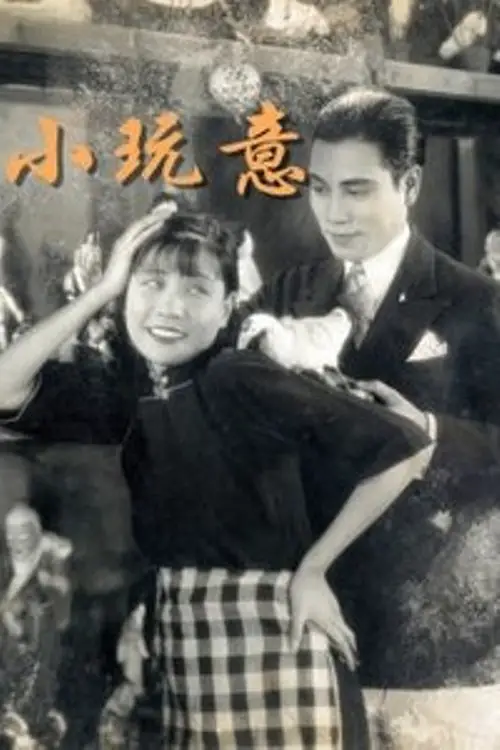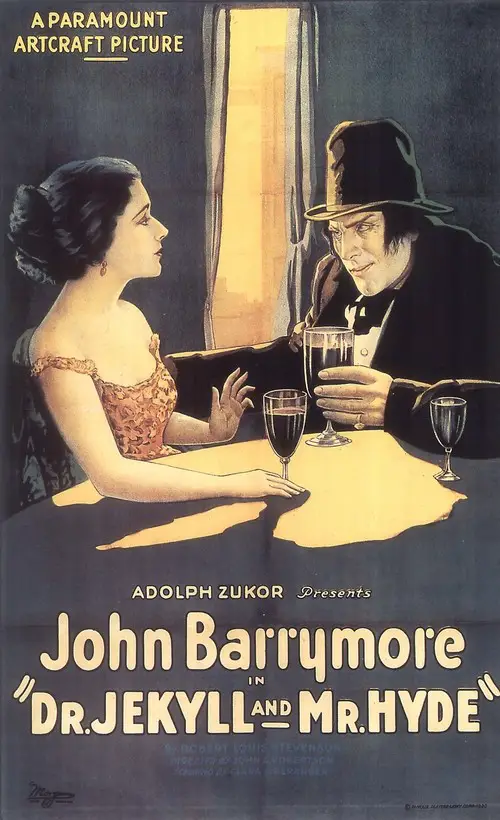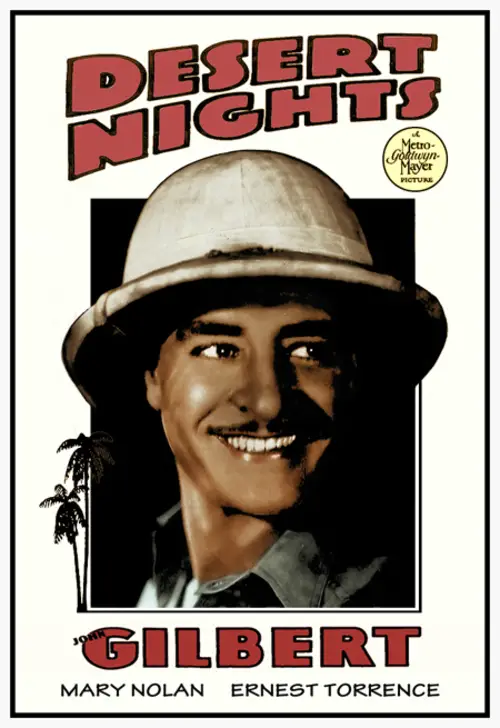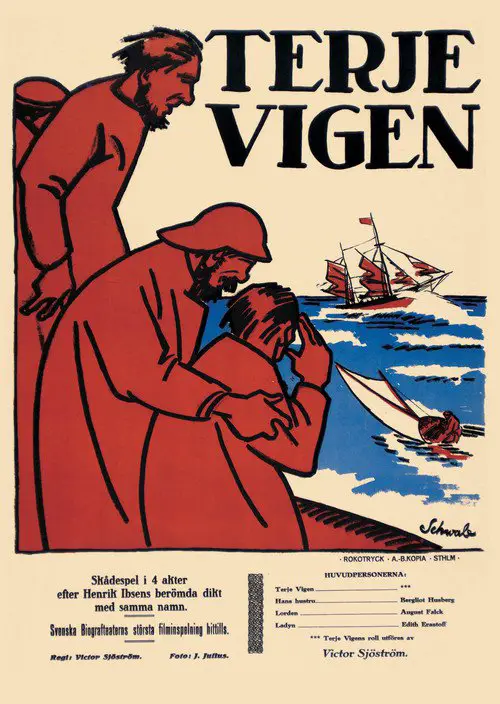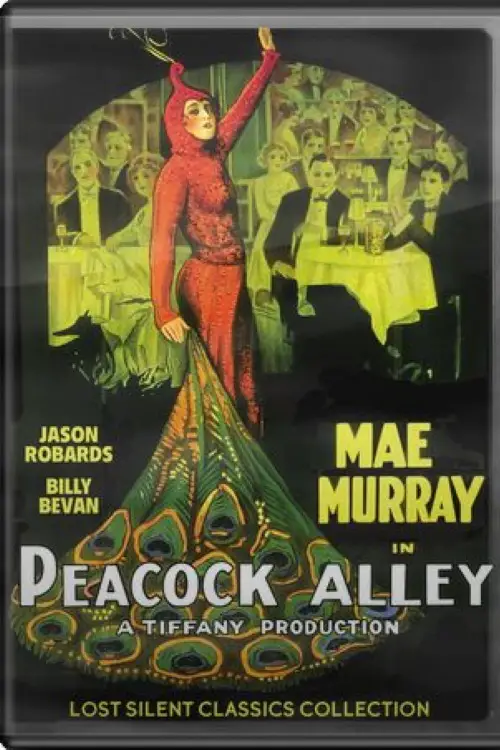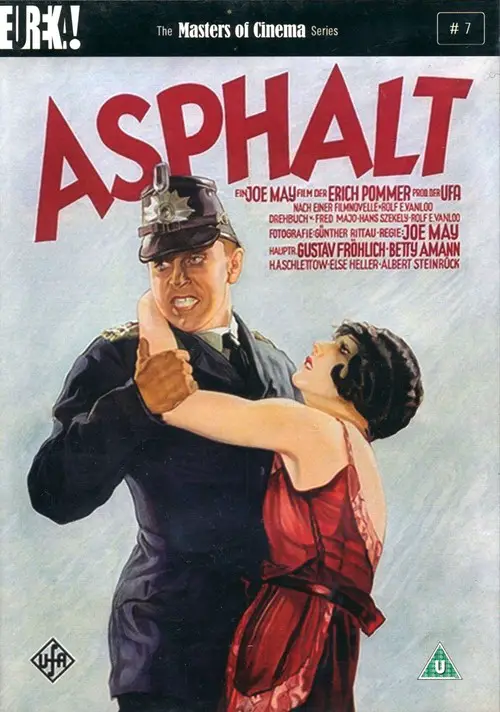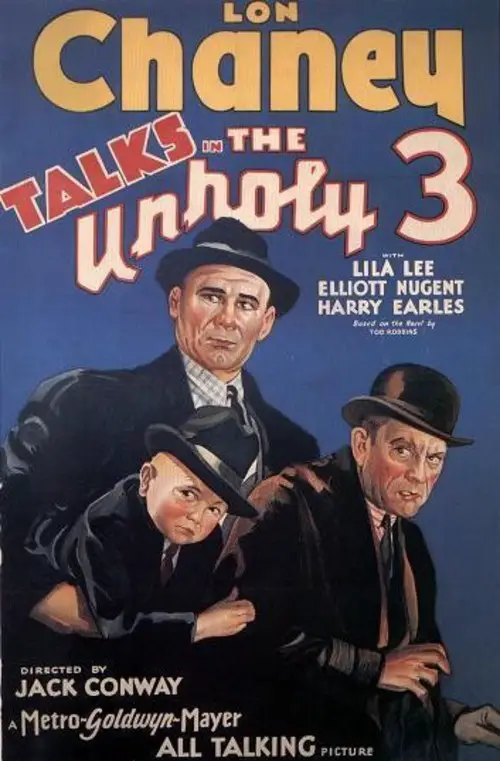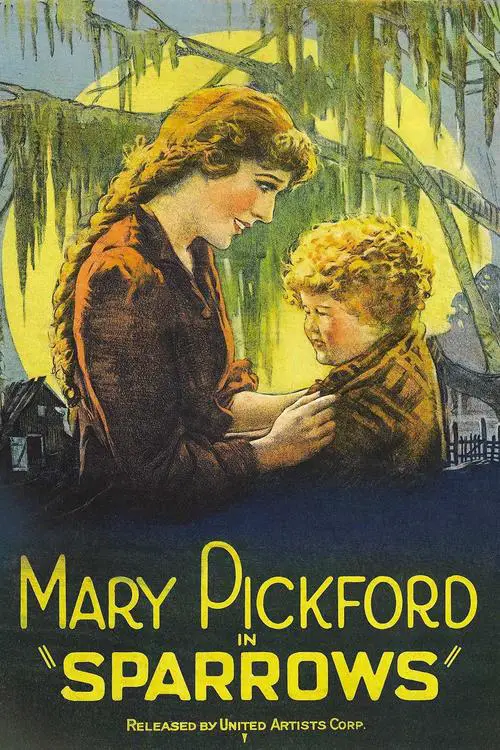The Show Off (1926)
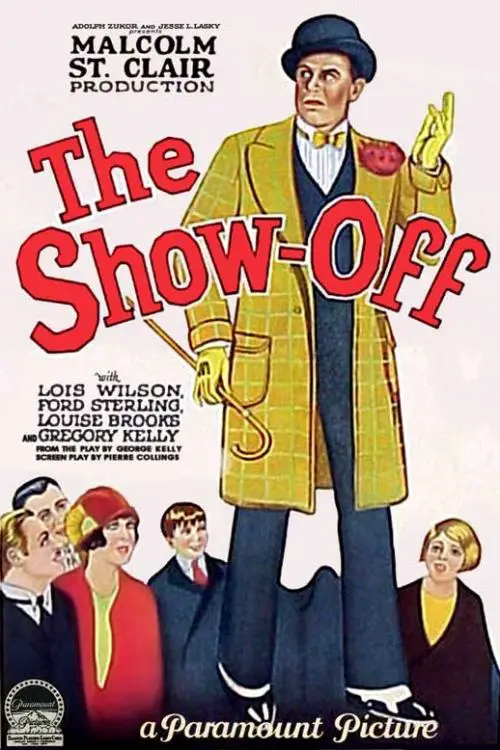
Similar movies
An account of the rise and fall of a silent film comic, Billy Bright. The movie begins with his funeral, as he speaks from beyond the grave in a bitter tone about his fate, and takes us through his fame, as he ruins it with womanizing and drink, and his fall, as a lonely, bitter old man unable to reconcile his life's disappointments. The movie is based loosely on the life of Buster Keaton.
This remake of the 1926 silent film classic and play follows the adventures of a group of Marines stationed in France during World War I. Two military men, Captain Flagg (James Cagney) and Sergeant Quirt (Dan Dailey), who are rivals to begin with, grow more at odds with each other when Quirt is made Flagg's top sergeant. And when a local beauty (Corinne Calvet) comes between them, their rivalry escalates even further. But when they discover that the woman has marriage in mind, they now compete to try to avoid marching down the aisle - that is, until they are called upon to march into battle - in this compelling film that also stars Robert Wagner and William Demarest.
Gum-chewing frizzy-haired golddigger Marie Skinner cooks up a scheme with her lover Babe Winsor, a jazz hound, to fleece a portly middle-aged real estate tycoon, William Judson. Marie moves into Judson's apartment building and contrives to meet and seduce him, plying him with compliments, music, swoons, décolletage, and batted eyes. When his loyal wife (and their two children) see him out catting with Marie at a night club, mom's devastated and confronts him. He moves out. Babe wants Marie to sell Judson worthless bonds. Will mom commit suicide? Will sis shoot the floozy? Will pops figure out he's being a fool?
Aspiring filmmakers Mel Funn, Marty Eggs and Dom Bell go to a financially troubled studio with an idea for a silent movie. In an effort to make the movie more marketable, they attempt to recruit a number of big name stars to appear, while the studio's creditors attempt to thwart them. The film contains only one word of dialogue, spoken by an unlikely source.
Baby Girl, 30, a poet with a bachelor's degree in arts, is anguished because of her relationship with Pirkka, a relatively smart, young man. Baby Girl's parents, Eila and Rampe, do their best to become friends with Pirkka and his elegant mother. Through coincidence and error Eila occupies her summerhouse neighbors' empty luxury villa. When Pirkka's mother drops by, Eila lies that she and Rampe own the fancy house. The showing off and lying escalate when Eila's mother and sister show up. The real owners of the house, an upper-class couple, Thomas and Monica, are driven away to Eila and Rampe's modest cottage.
Socially prominent Michael Ashburn, is the chief assistant to Rufus Trent, wealthy London loan broker. He has allowed himself to become engaged to the Rufus' daughter, Roberta, the match engineered primarily by socially-ambitious Mrs. Trent. As Michael is closing the shop in the late afternoon, a man named Douglas takes out a large loan, using his niece's (Julie Evans) earring as a deposit. He scurries right off with the money but, to his dismay, Michael finds that the earrings are fastened to Julie's ears and can not be removed. Much to his socially-prominent position he is very disgusted as he must now keep a guard of her. Soon, he finds himself in jail and Julie has his flat keys.
A brash and precocious ten-year-old (Catherine Demongeot) comes to Paris for a whirlwind weekend with her rakish uncle (Philippe Noiret); he and the viewer get more than they bargained for, however, in this anarchic comedy from Louis Malle, which rides roughshod over the City of Light. Based on a popular novel by Raymond Queneau that had been considered unadaptable, Malleâs audacious Zazie dans le métro, made with flair on the cusp of the French New Wave, is a bit of stream-of-consciousness slapstick, wall-to-wall with visual gags, editing tricks, and effects.
Although living a comfortable life in Salon-de-Provence, a charming town in the South of France, Julie has been feeling depressed for a while. To please her, Philippe Abrams, a post office administrator, her husband, tries to obtain a transfer to a seaside town, on the French Riviera, at any cost. The trouble is that he is caught red-handed while trying to scam an inspector. Philippe is immediately banished to the distant unheard of town of Bergues, in the Far North of France...
Funloving Pearl White, working in a garment sweatshop, gets her big chance when she "opens" for a delayed Shakespeare play...with a comic vaudeville performance. Her brief stage career leads her into those "horrible" moving pictures, where she comes to love the chaotic world of silent movies, becoming queen of the serials. But the consequences of movie stardom may be more than her leading man can take
In 1927, Don Lockwood and Lina Lamont are a famous on-screen romantic pair. Lina, however, mistakes the on-screen romance for real love. Don has worked hard to get where he is today, with his former partner Cosmo. When Don and Lina's latest film is transformed into a musical, Don has the perfect voice for the songs. But Lina - well, even with the best efforts of a diction coach, they still decide to dub over her voice. Kathy Selden is brought in, an aspiring actress, and while she is working on the movie, Don falls in love with her. Will Kathy continue to "aspire", or will she get the break she deserves?
The Uptown Boy, J. Harold Manners (Lloyd) is a millionaire playboy who falls for the Downtown Girl, Hope (Ralston) who works in Brother Paul's (Weigel) mission. In order to build up attendance, and win Hope's attention, Harold runs through town causing trouble, and winds up with a crowd chasing him right into the mission. He eventually wins the girl and they marry, but not without some interference from his high-brow friends.
Sam Bisbee is an inventor whose works (e.g., a keyhole finder for drunks) have brought him only poverty. His daughter is in love with the son of the town snob. Events conspire to ruin his bullet-proof tire just as success seems near. Another of his inventions prohibits him from committing suicide, so Sam decides to go on living..
Forks, Washington resident Bella Swan is reeling from the departure of her vampire love, Edward Cullen, and finds comfort in her friendship with Jacob Black, a werewolf. But before she knows it, she's thrust into a centuries-old conflict, and her desire to be with Edward at any cost leads her to take greater and greater risks.
Laurie, a professional downhill racer gets fired because of her slight overindulgence in irresponsibility. She returns to Montreal where she is welcomed by her geeky but cute brother. She meets Lorenzo, a cranky, ex-racer who owns a bike shop. The two become friends. Laurie gets a job with a local bicycle courier company, but a member of the group is intent on shutting her out of their circles, making her life difficult and sad. After a bonding truth-revealing discussion between Laurie and Lorenzo, Laurie begins to see what she has to do to make things better for herself.
Just as Fritz Langâs Metropolis (1927) is testimony to German silent film art, The Story of the Kelly Gang (1906) symbolises both the birth of the Australian film industry and the emergence of an Australian identity. Even more significantly it heralds the emergence of the feature film format. The Story of the Kelly Gang, directed by Charles Tait in 1906, is the first full-length narrative feature film produced anywhere in the world. Only fragments of the original production of more than one hour are known to exist and are preserved at the National Film and Sound Archive, Canberra. (unesco.org)
In the Land of the Head Hunters is a 1914 silent film fictionalizing the world of the Kwakwaka'wakw (Kwakiutl) peoples of the Queen Charlotte Strait region of the Central Coast of British Columbia, Canada, written and directed by Edward S. Curtis and acted entirely by Kwakwaka'wakw natives. It was the first feature-length film whose cast was composed entirely of Native North Americans; the second, eight years later, was Robert Flaherty's Nanook of the North.
Critics and the public say Karen Stone is too old -- as she approaches 50 -- for her role in a play she is about to take to Broadway. Her businessman husband, 20 years her senior, has been the angel for the play and gives her a way out: They are off to a holiday in Rome for his health. He suffers a fatal heart attack on the plane. Mrs. Stone stays in Rome. She leases a magnificent apartment with a view of the seven hills from the terrace. Then the contessa comes calling to introduce a young man named Paola to her. The contessa knows many presentable young men and lonely American widows.
Itâs 1982, and Taeko (voiced by Daisy Ridley) is 27 years old, unmarried, and has lived her whole life in Tokyo. She decides to visit her family in the countryside, and as the train travels through the night, memories flood back of her younger years: the first immature stirrings of romance, the onset of puberty, and the frustrations of math and boys. At the station she is met by young farmer Toshio (voiced by Dev Patel), and the encounters with him begin to reconnect her to forgotten longings. In lyrical switches between the present and the past, Taeko contemplates the arc of her life, and wonders if she has been true to the dreams of her childhood self.
Along with his new friends, a teenager who was arrested by the US Secret Service and banned from using a computer for writing a computer virus discovers a plot by a nefarious hacker, but they must use their computer skills to find the evidence while being pursued by the Secret Service and the evil computer genius behind the virus.
A massive 5 1/2 hour biopic of Napoleon, tracing his career from his schooldays (where a snowball fight is staged like a military campaign), his flight from Corsica, through the French Revolution (where a real storm is intercut with a political storm) and the Terror, culminating in his triumphant invasion of Italy in 1797 (the film stops there because it was intended to be part one of six, but director Abel Gance never raised the money to make the other five). The film's legendary reputation is due to the astonishing range of techniques that Gance uses to tell his story, culminating in the final twenty-minute triptych sequence, which alternates widescreen panoramas with complex multiple- image montages projected simultaneously on three screens.
Greed is the classic 1924 silent film by Erich von Stroheim about a woman who wins the lottery thus becoming obsessed with money and ruining her marriage and the people around her. The film was originally 10 hours long and dramatically and realistically depicted word for word the Frank Norris novel McTeague. Only about 2 hours exist today as it is considered the 'Holy Grail' of lost films.
Ben-Hur is a 1959 epic film directed by William Wyler, the third film version of Lew Wallace's 1880 novel Ben-Hur: A Tale of the Christ. It premiered at Loew's State Theatre in New York City on November 18, 1959. The film went on to win a record of eleven Academy Awards, including Best Picture, a feat equaled only by Titanic in 1998 and The Lord of the Rings: The Return of the King in 2004. It was also the last film to win the Oscar for both Best Actor and Best Supporting Actor, until nearly 44 years later when Mystic River achieved the same feat.The movie revolves around a Jewish prince who is betrayed and sent into slavery by a Roman friend and how he regains his freedom and comes back for revenge.
The King of Kings is the Greatest Story Ever Told as only Cecil B. DeMille could tell it. In 1927, working with one of the biggest budgets in Hollywood history, DeMille spun the life and Passion of Christ into a silent-era blockbuster. Featuring text drawn directly from the Bible, a cast of thousands, and the great showmanâs singular cinematic bag of tricks, The King of Kings is at once spectacular and deeply reverentâpart Gospel, part Technicolor epic.
Sister Ye lives in a rural village, where everyone makes traditional toys. When Sister Ye's husband dies of an unknown illness, and while Ye is attending to him, her son is kidnapped and sold to a wealthy lady in the city of Shanghai. Shortly after, the village is destroyed during an attack between rival warlords, forcing the villagers move to the city, where they continue to make toys. Ten years pass, and Ye's daughter Zhu'er has become a toy designer. While helping the Nationalist army at the rear, Zhu'er is killed in an attack by the Japanese. On New Year's Eve, Sister Ye is dressed in rags, sitting on the curb, selling toys. A young boy buys toys from her, and it is none other than her son, whom she does not recognize.
An eerie German silent film from 1920. This classic expressionistic film is known as a landmark in film history becoming famous worldwide from itâs exceptional new wave style of well built and painted grotesque scenery with contrasted lighting along with the painted effect of light and shadows. The film tells a surrealistic story with an unusual end that was the subject of controversy.
One of the last great German Expressionist films of the silent era, Joe Mayâs Asphalt is a love story set in the traffic-strewn Berlin of the late 1920s. Starring the delectable Betty Amann in her most famous leading role, Asphalt is a luxuriously produced Ufa classic where tragic liaisons and fatal encounters are shaped alongside the constant roar of traffic.
Evil Mr.Grimes keeps a rag-tag bunch orphans on his farm deep in a swamp in the US South. He forces them to work in his garden and treats them like slaves. They are watched over by the eldest, Molly. A gang in league with Mr. Grimes kidnaps Doris, the beautiful little daughter of a rich man, and hides her out on Grimes' farm, awaiting ransom. When the police close in, and Mr. Grimes threatens to throw Doris into the bottomless mire, Molly must lead her little flock out through the alligator-infested swamp.
© Valossa 2015–2026
| Privacy Policy
